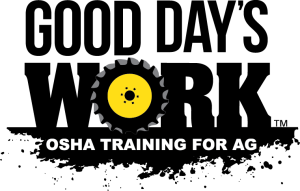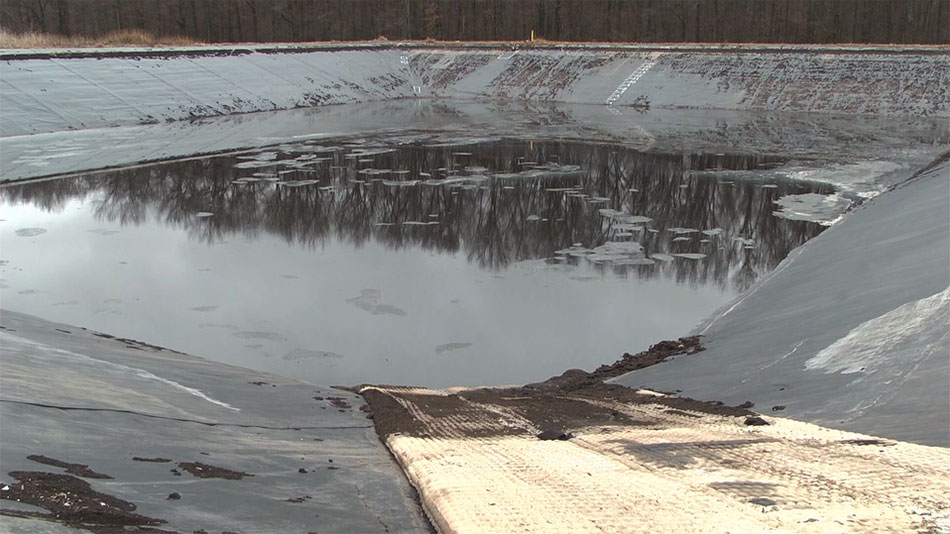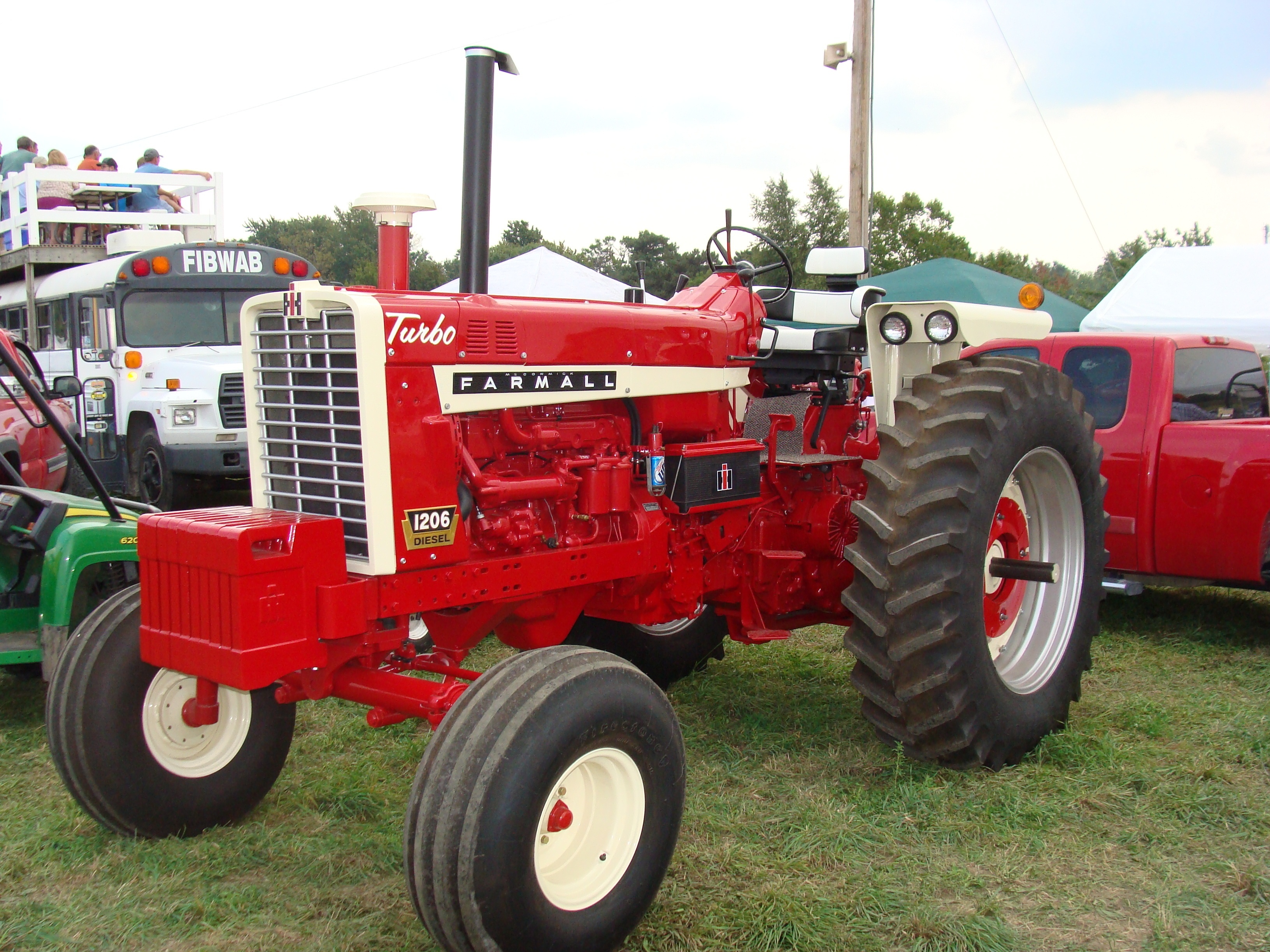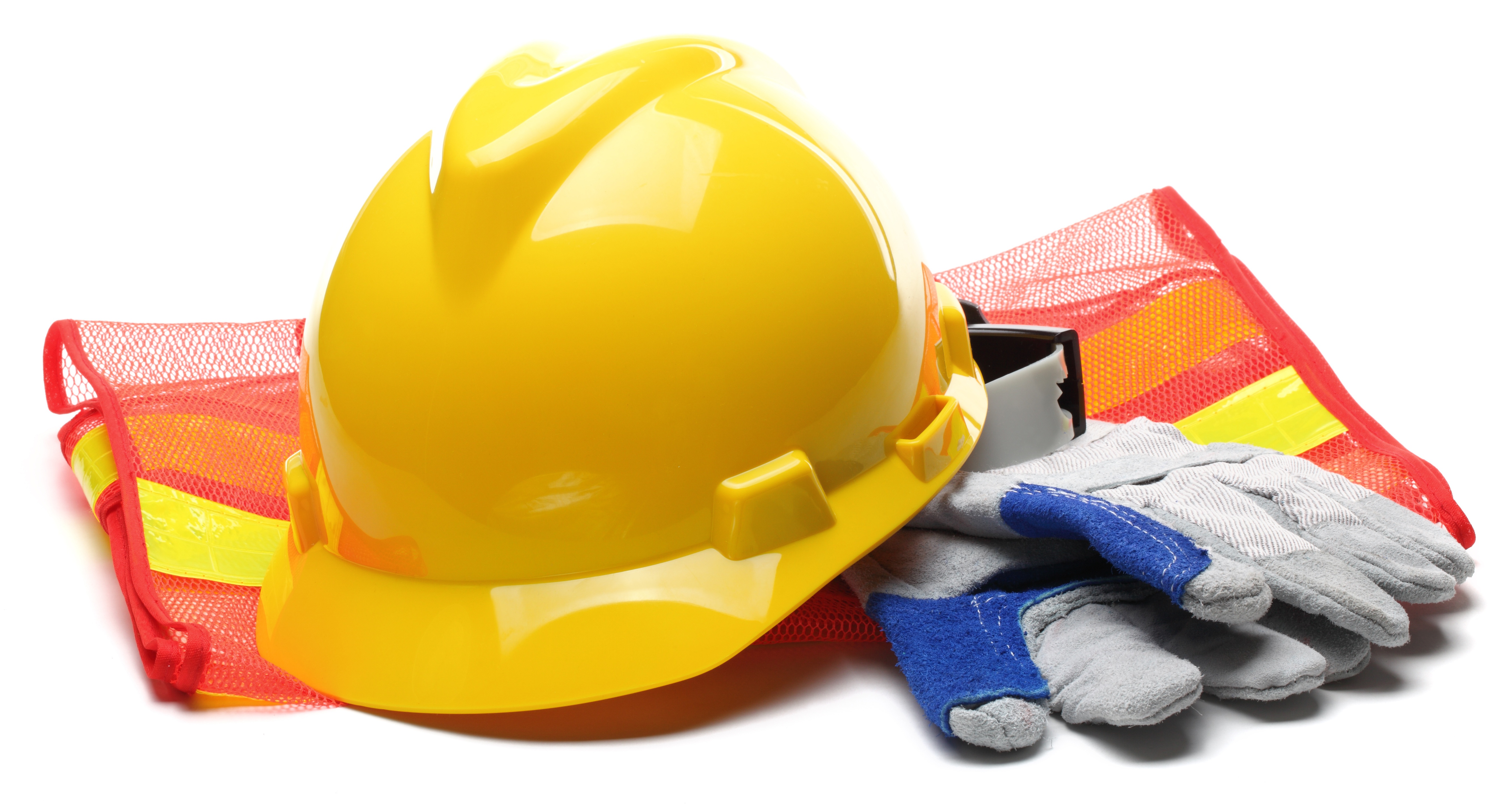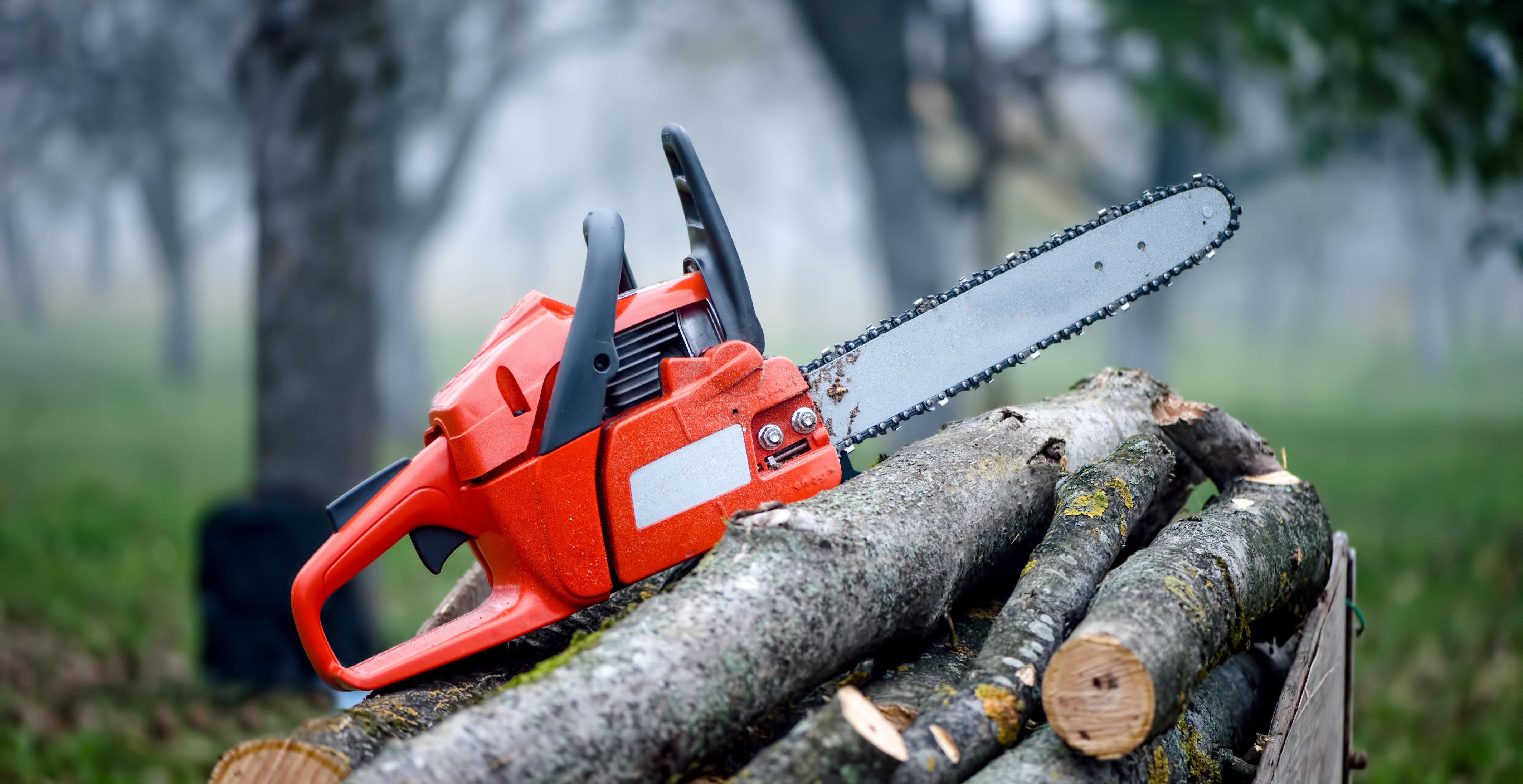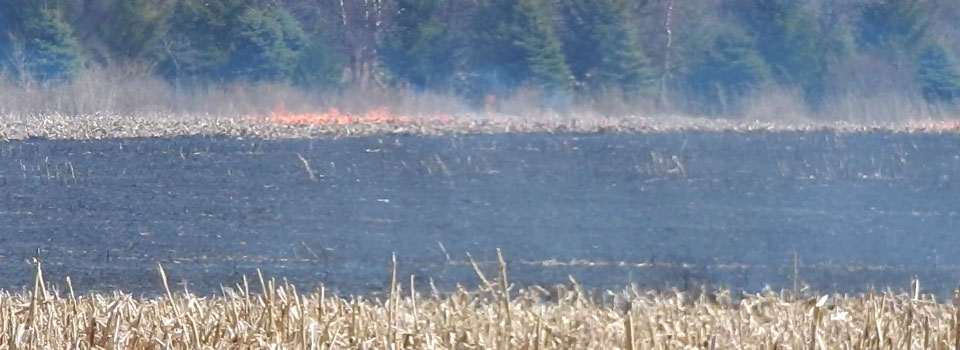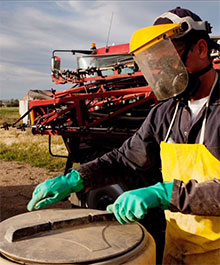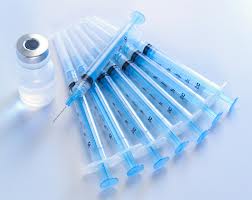Spring is a busy time of year for agriculture operations. One of the first things we do is prepare our fields for the new growing season. In many cases this involves pumping manure to evacuate the pits and fertilize the soil. It’s a process many of us have performed multiple times, so it’s easy to understand how one could become complacent while working around these dangerous spaces. Let’s take a moment to examine some of the common hazards.
Tractor Safety
Tractors are among the most used and valued pieces of equipment in agribusiness. Not only are they used every day, they can be used all day long by different workers. It may come to no surprise that tractors are the primary source for most agricultural related fatalities.
- Overturns
- Run-overs,
- Entanglements
- Highway Collisions
Accidents involving agricultural tractors kill approximately 250 people a year and are by far the leading cause of death and serious injury in agriculture. Rollovers account for over half of those fatalities annually. It is estimated that 95% of tractor fatalities could be avoided.
Complacency Overlooked
Topics: tractors
Hazardous Waste Operations and Emergency Response. Better known as HAZWOPER. If your operation works with hazardous materials, then this topic is crucial to your interests.
Topics: hazardous waste
The machines that most people immediately visualize when they think of agriculture are the large ones – tractors, combines, harvesters, and so on. But many of our tools are handheld. A prime example is the chainsaw. Many farmers sharpen their chains to clear fence rows in the early spring when fields are often too wet for heavy equipment.
Topics: chainsaw
Grass fires area a common hazard in certain parts of the country that are dry for extended periods of time or have periods of dry weather where crop residue, pastures and grasslands are very dry. Nearly half of all agricultural fires involve brush or short grass, making it easy to underestimate their danger.
Topics: fire
Chemicals are a fact of life in agriculture. We use them everywhere for almost everything. So it’s important to know the best practices for handling them carefully, storing them safely, and what to do in the event of unexpected exposure.
Topics: hazard communication, chemicals
Anhydrous ammonia is one of the most commonly used fertilizers in agriculture. It is used as an efficient method of restoring nitrogen into the soil. It’s easy to apply and readily available.
Topics: anhydrous ammonia, chemicals, personal protective equipment (PPE)
Important components of ag safety are knowledge and information. Knowing the pharmaceuticals being used on your farm today and knowing how to administer them is key to protecting farm workers, animals, consumers and environment. Today's medicines and chemicals are safer but only if the label instructions and manufacturer recommended safety precautions are followed.
Topics: pharmaceutical handling, agriculture
By now you should have already developed an Emergency Action Plan (EAP) for your operation. Your EAP probably includes instructions on how to handle emergencies involving your operation’s day-to-day functions and activities: chemical leaks and spills, fires, use of personal protective equipment, confined spaces – just to name a few.
Topics: emergency action plan, fire
Fire is an ever-present concern in many agriculture operations. Every year, 20,000 ag-related fires cause over $100 million in property damages. These types of fires tend to be more expensive than other industrial fires because of the loss in crops and livestock involved, in addition to buildings and equipment.
Topics: livestock & animals, fire
